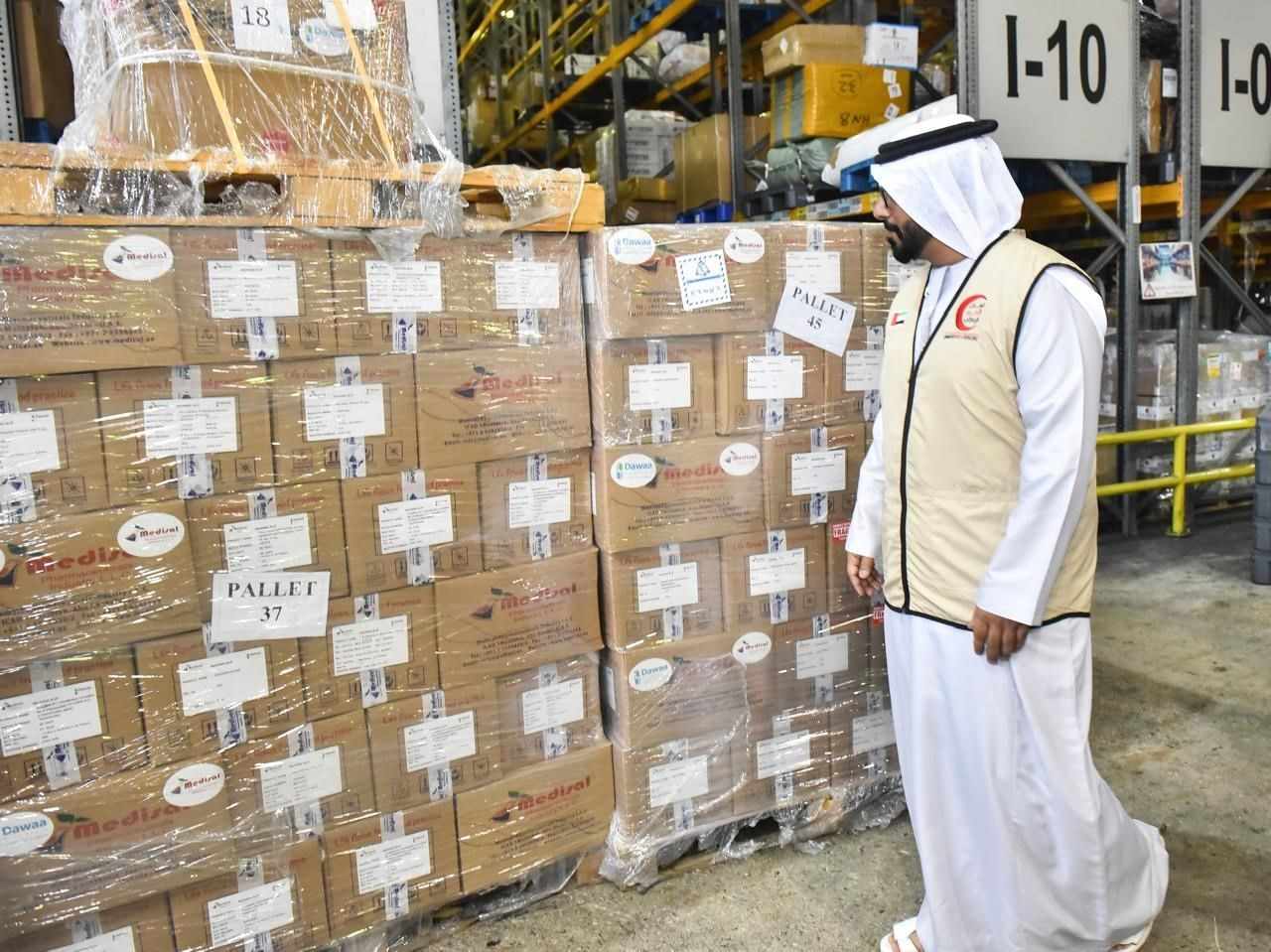Lebanon: Economy in Shambles as Dollarization Adopted as Currency
- Date: 06-Mar-2023
- Source: Gulf Insider
- Sector:Financial Services
- Country:Lebanon
Lebanon: Economy in Shambles as Dollarization Adopted as Currency
The Lebanese pound has lost 95% in value since late 2019, and now most restaurants and many stores are demanding to be paid in dollars. The government recently began allowing grocery stores to start doing the same. While this “dollarization” aims to ease inflation and stabilize the economy, it also threatens to push more people into poverty and deepen the crisis.
That’s because few in Lebanon have access to dollars to pay for food and other essentials priced that way. But endemic corruption means political and financial leaders are resisting the alternative to dollarization: long-term reforms to banks and government agencies that would end wasteful spending and jump-start the economy.
Other countries like Zimbabwe and Ecuador have turned to the dollar to beat back hyperinflation and other economic woes, with mixed success. Pakistan and Egypt also are struggling with crashing currencies but their economic crises are largely tied to an outside event — Russia’s war in Ukraine, which has caused food and energy prices to soar.
Lebanon’s woes are much of its own making. As the country felt the impacts of the COVID-19 pandemic, a deadly Beirut port explosion in 2020 and Russia’s invasion Ukraine, its central bank simply printed more currency, eroding


















